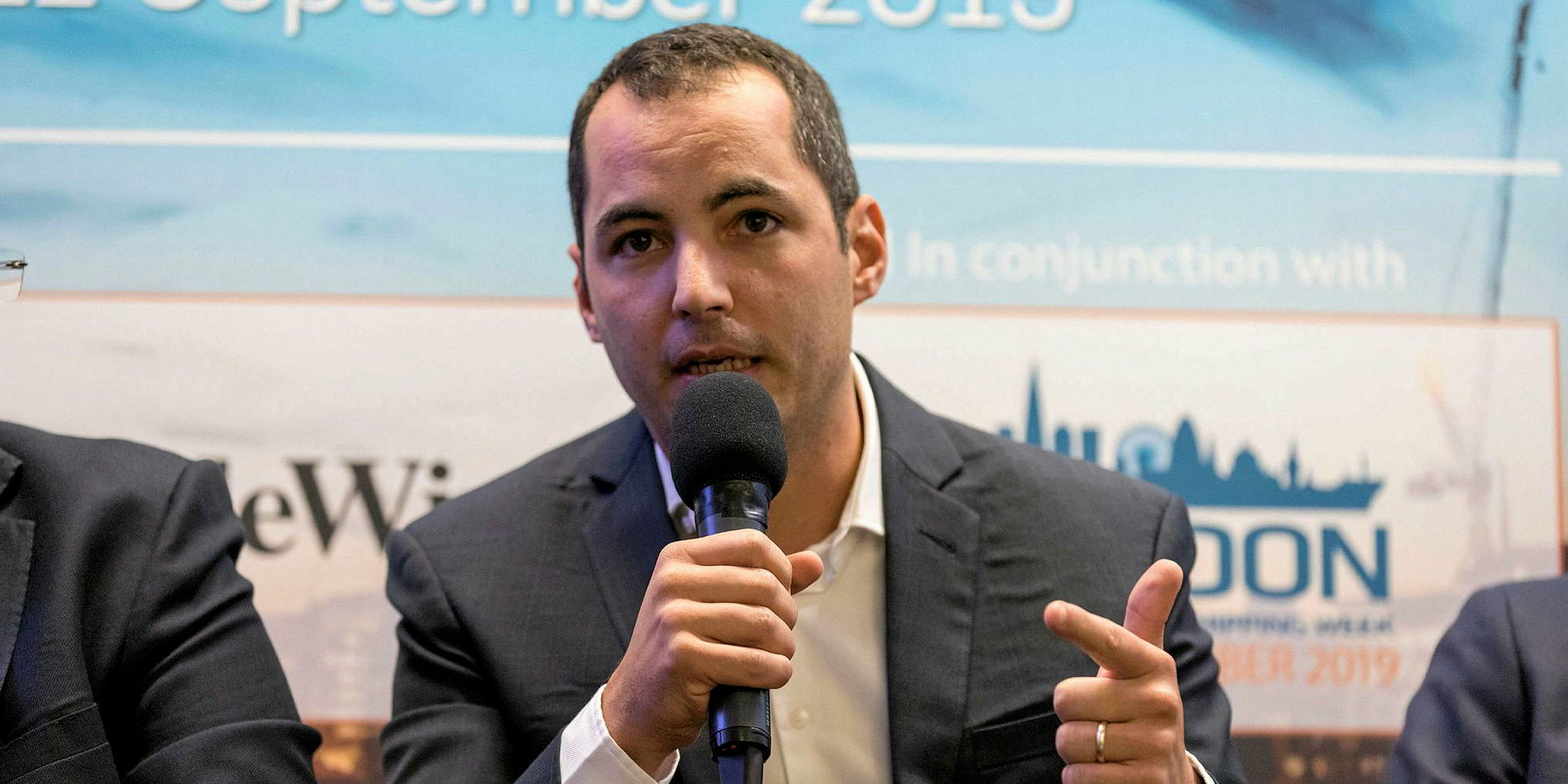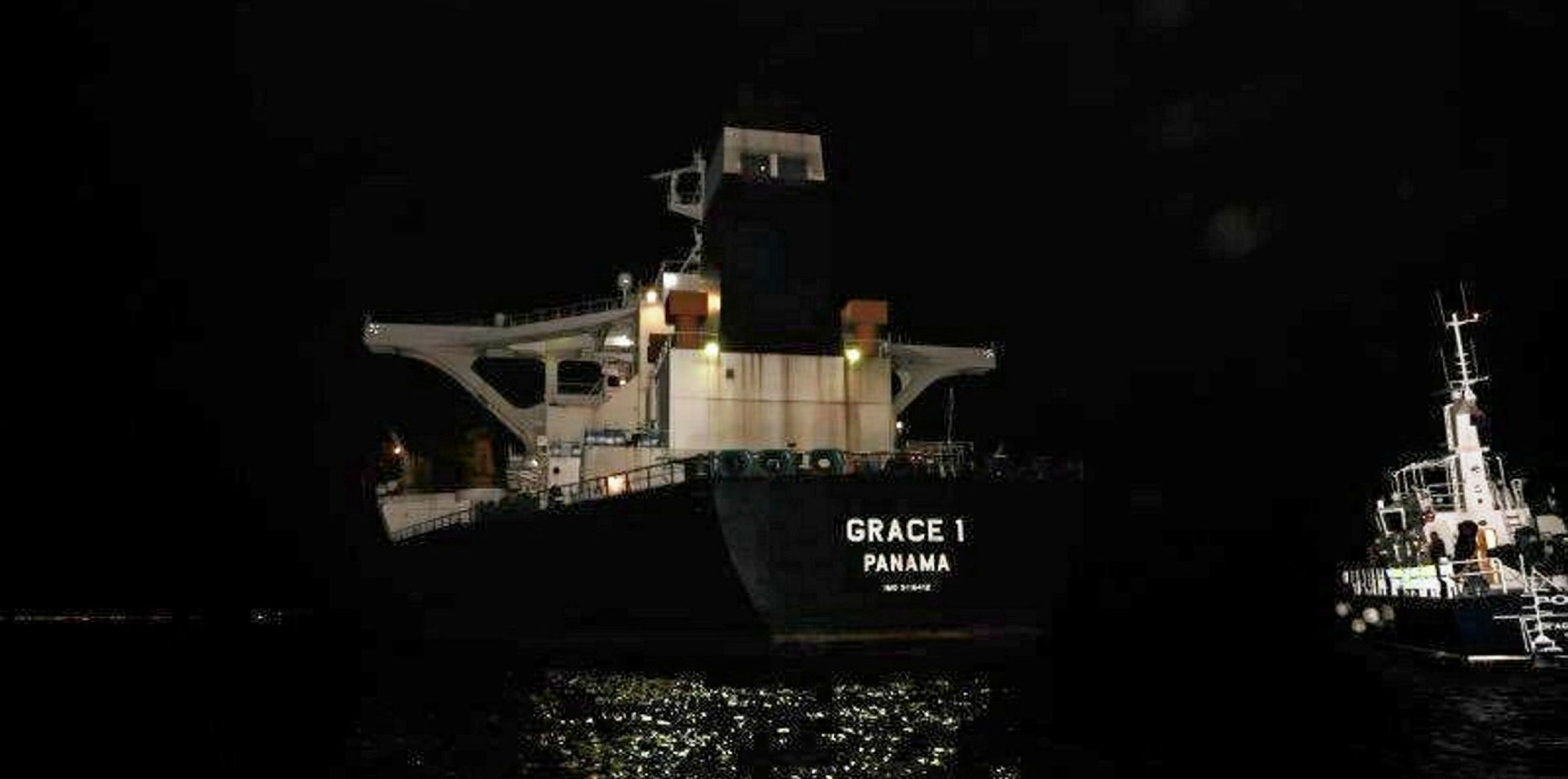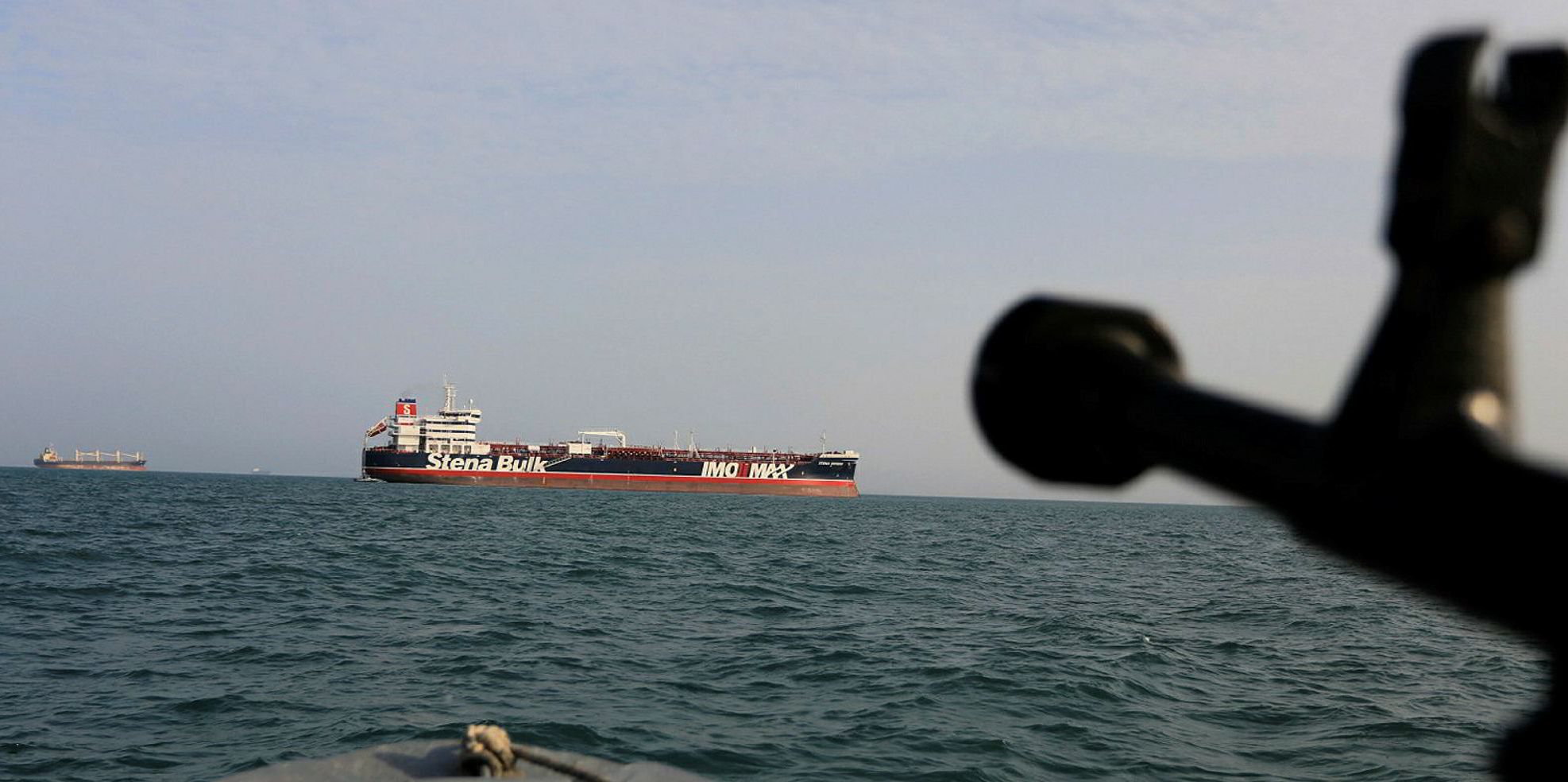The frequency of dark operations and ship-to-ship (STS) transfers suspected to involve Iranian crude and LPG shipments have stayed roughly the same throughout this year despite the reimposition of sanctions, according to a data analysis provided by Windward.
And the firm has seen the emergence of new hubs, such as the Maldives, for sanctioned activities.
No change
According to the Israeli outfit, the frequency of suspected violation of sanctions has not changed much even though the US decided not to renew sanctions waivers to eight countries in May.
Based on Windward’s estimates, at least 80 vessels were likely involved in nearly 300 instances of sanction violations from 2 May to late September, showing a similar frequency to what was observed earlier this year.
“Iran is likely to continue using foreign and front companies to deliver its oil products to international markets. Most of the companies that continue to help Tehran are from traditional buyers of its products, including the UAE [United Arab Emirates], India, and China,” Windward said in a report.
“Recently, they’ve been joined by companies [registered] in Vietnam and Singapore, which are now also handling Iranian LPG. The tactics used by vessels handling Iranian products are unlikely to change any time soon. However, new STS hubs are likely to emerge.”
From 2 May to late September, at least 35 tankers were involved in almost 70 STS transfers of Iranian crude oil or LPG products, according to Windward.
Based on its findings, half of these transfers took place off Fujairah, the UAE, while 42% occurred in the Strait of Malacca.
Windward highlighted the territorial waters of the Maldives as an emerging hub for such STS activity in recent months.
The data company said 2% of all the STS operations involving Iranian oil were conducted in the Maldives and later discharged in China.
In the same time span, at least 47 crude tankers deliberately turned off their AIS transponders for at least 24 hours — the so-called dark operations — on more than 150 separate occasions in the Middle East Gulf.
Tanker operations
Further analysis showed that 51% of these operations were carried out by vessels officially owned or operated by National Iranian Tanker Co (NITC), while 38% were by ships commercially managed from the UAE, India and China. Some 11% were linked to vessels managed from European countries.
At least 31 LPG carriers were engaged in more than 70 dark operations. Some 54% of operations were done by vessels with Chinese, Singaporean and Vietnamese links, suggesting high demand for Iranian LPG in Asia, according to Windward.
Also, Windward found 20% of operations were made by vessels with links to Panama, Liberia and the Marshall Islands, and the outfit said those may be controlled by NITC’s front companies. About 14% of operations were done by vessels linked to the UAE and 12% by European countries.






